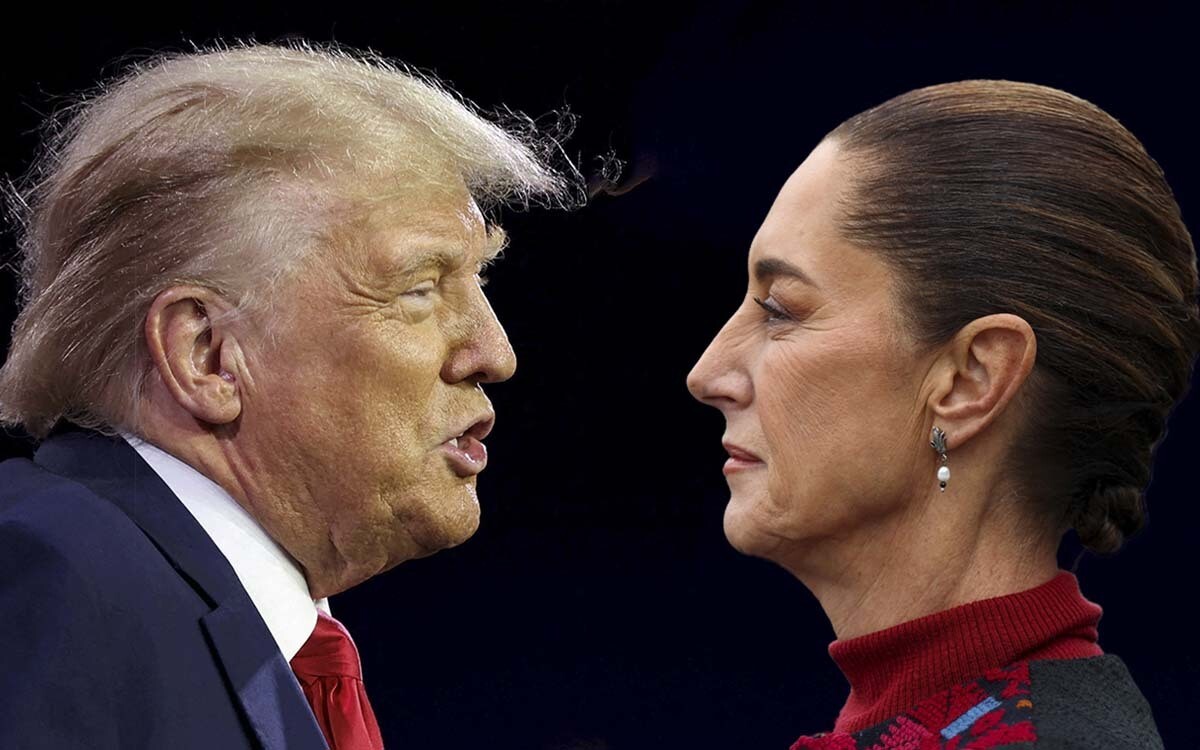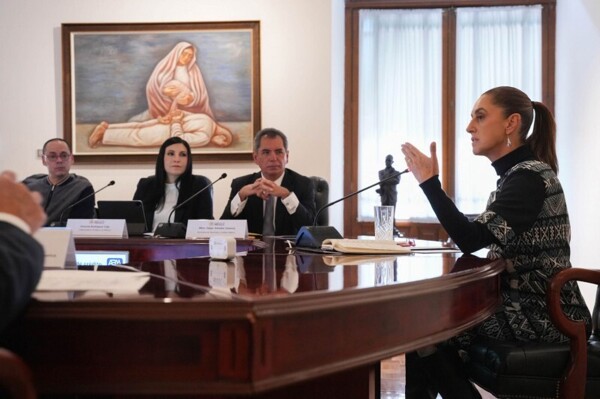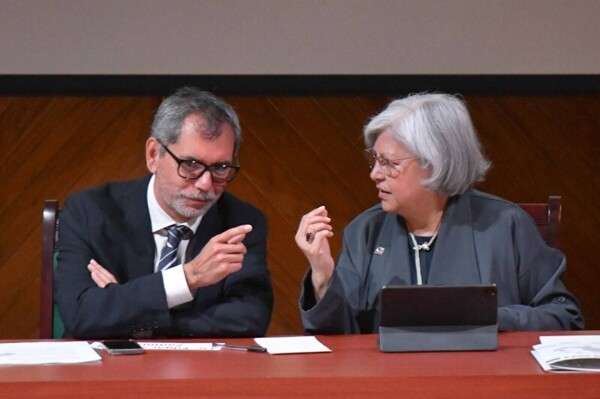
President Claudia Sheinbaum defended her negotiation with Trump last week to postpone the application of tariffs, stating that the agreement was to delay them until April 2. She indicated that the government is optimistic regarding reciprocal tariffs, explaining that these imply the United States imposing tariffs on countries that charge the U.S. for their exports.
Sheinbaum highlighted that Mexico has trade agreements, such as NAFTA and the T-MEC, that regulate trade relations with the United States. Last Tuesday, Trump announced a 25% tax on Mexican exports, but after a call on Thursday, the measure was postponed until April 2.
The Mexican peso started the week with losses against the dollar due to tariffs on steel and aluminum from Mexico. Despite a perceived reduction in local risk by operators, Howard Lutnick, U.S. Secretary of Commerce, does not foresee an extension of tariffs on steel and aluminum that Mexico and Canada export to the United States.
Currently, the peso is quoted at 20.36 units per dollar, representing a depreciation of 0.37%. Last week, following the removal of the 25% tariffs on products from Mexico and Canada, the peso appreciated by 31 cents. The new tariff pause will be in effect until April 2.
Sheinbaum emphasized that Mexico does not impose tariffs on U.S. products and, therefore, the United States should not impose "reciprocal" tariffs on Mexican products. While they will remain vigilant to any developments, the president stressed that, thanks to existing trade agreements, there are no tariffs from Mexico to the U.S.
Additionally, she reiterated that it is important not to misinterpret Trump's statements about potential reciprocal tariffs, emphasizing that some sectors may not be interested in the agreement between the two countries.














